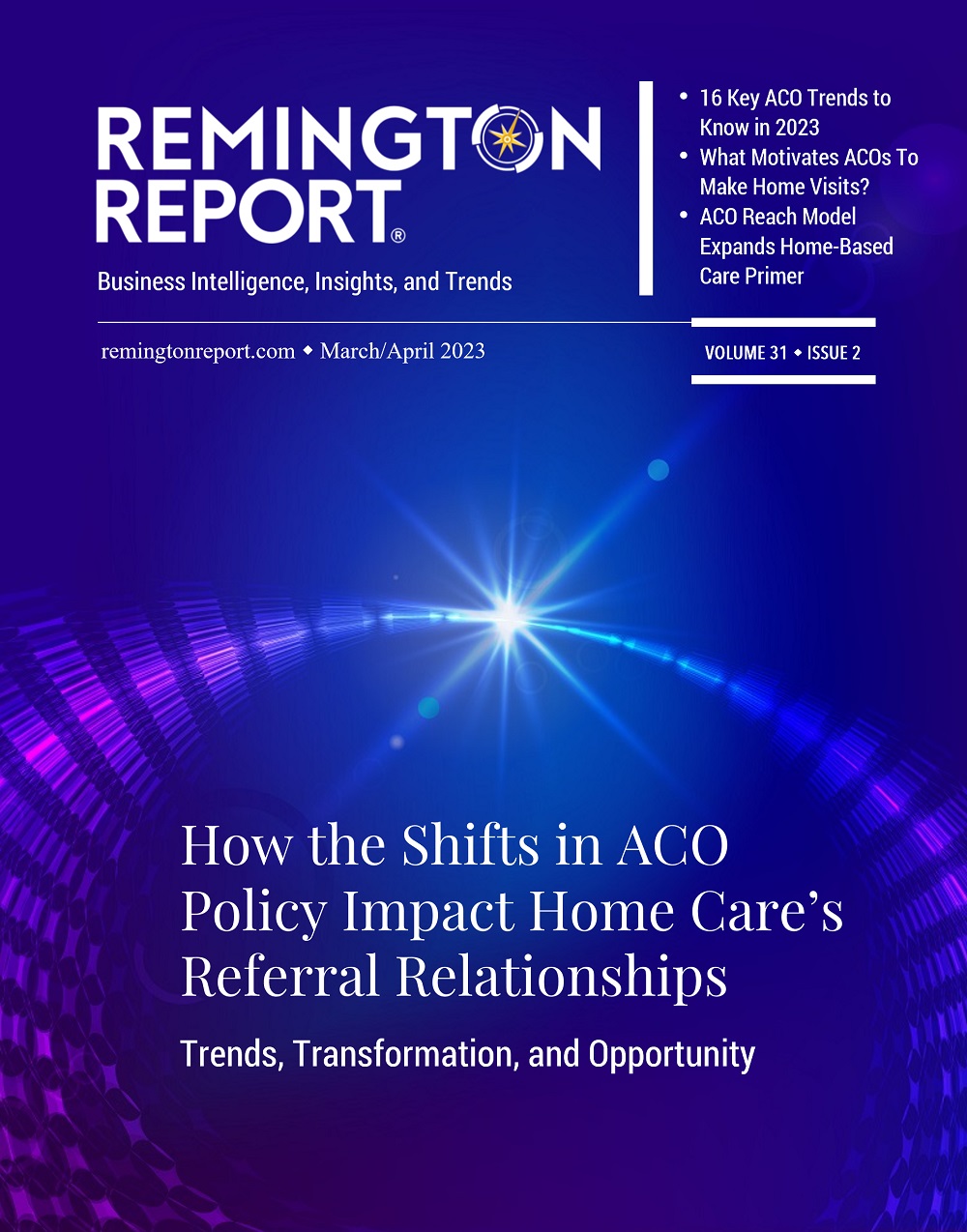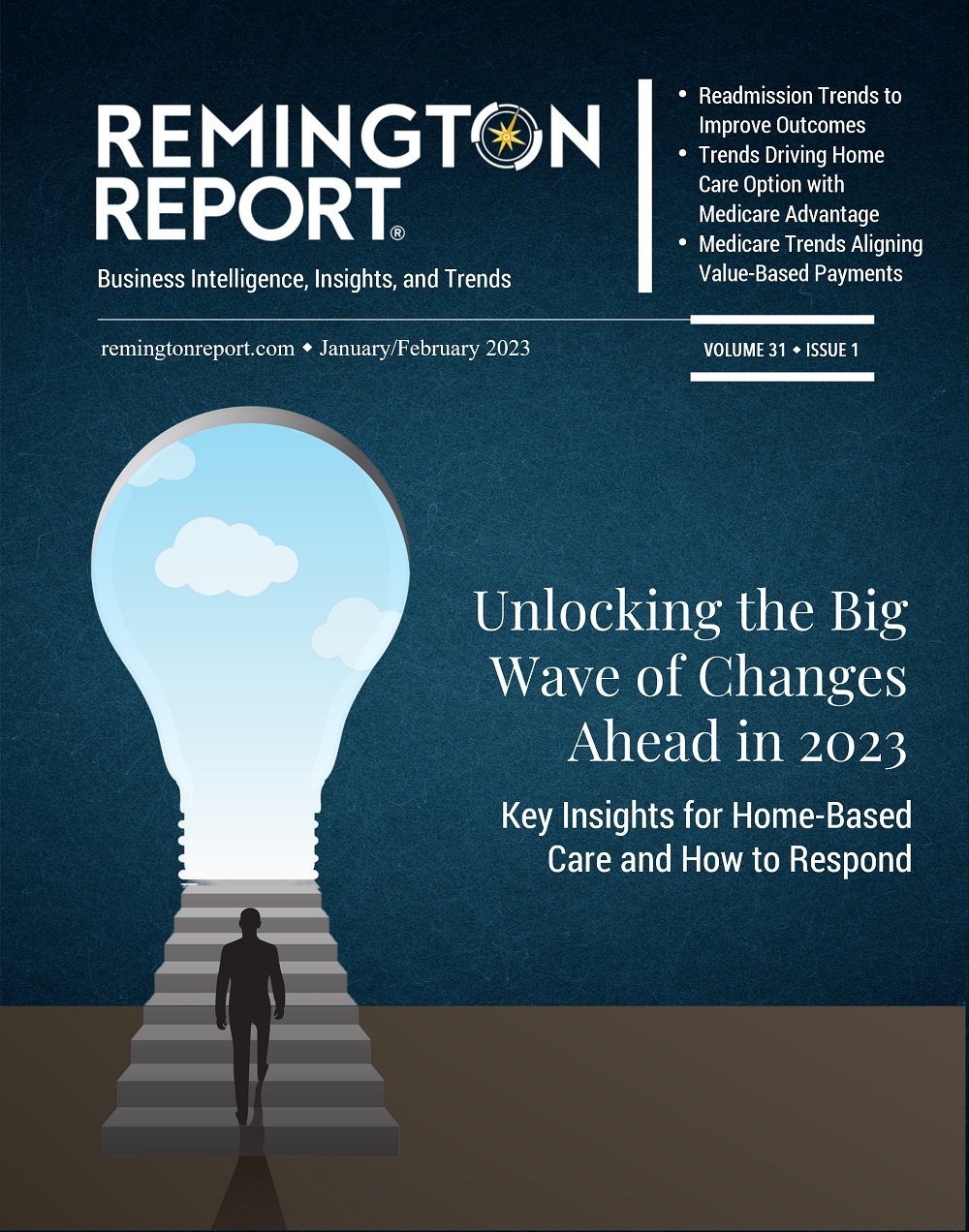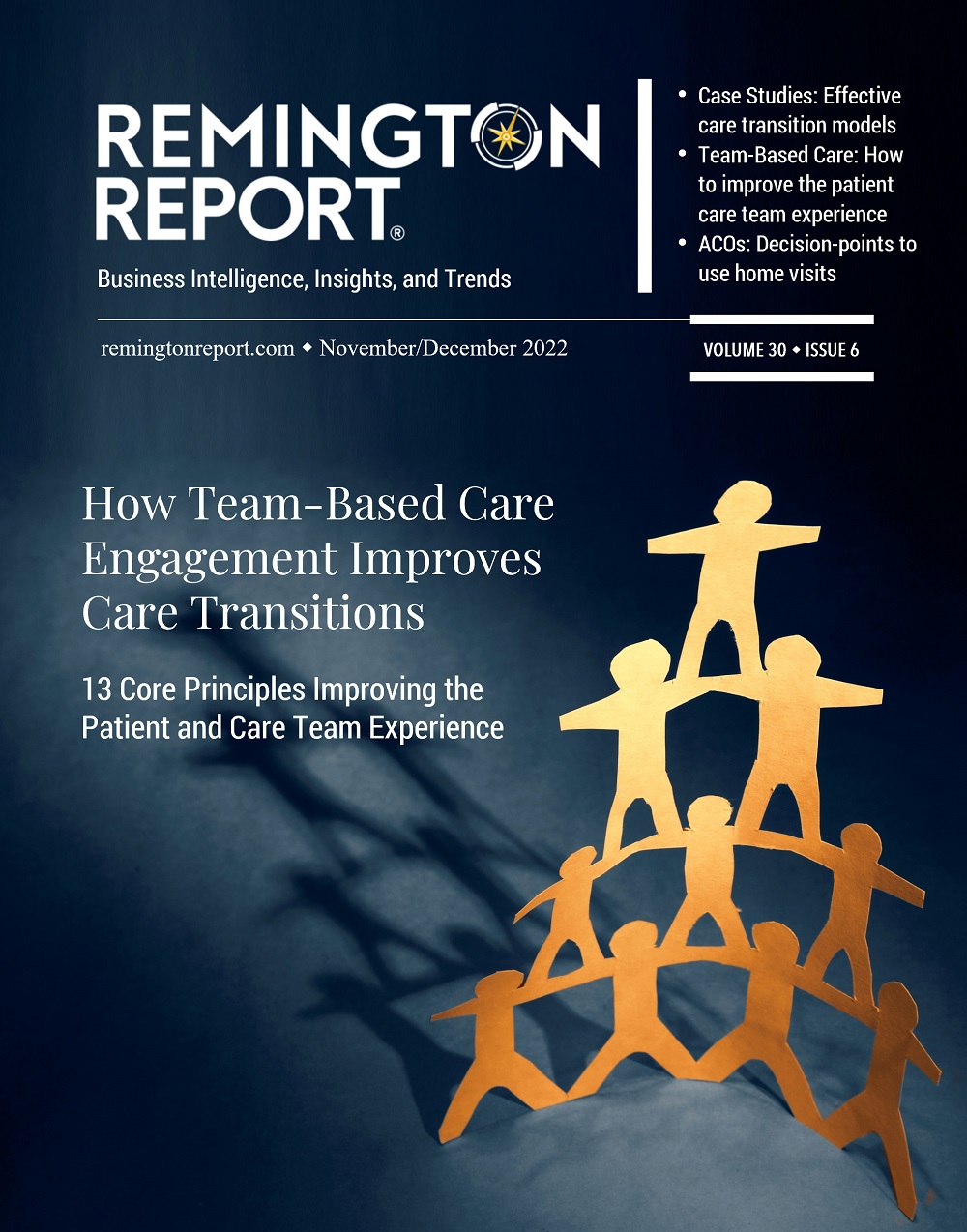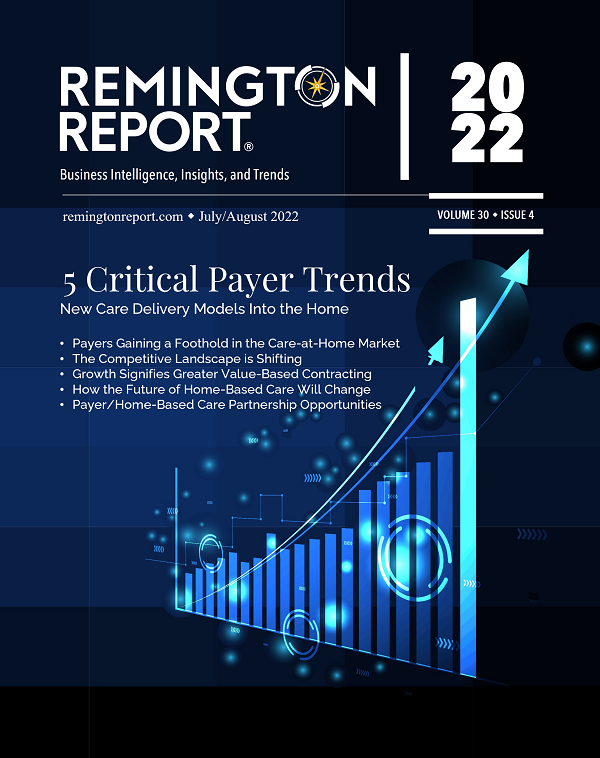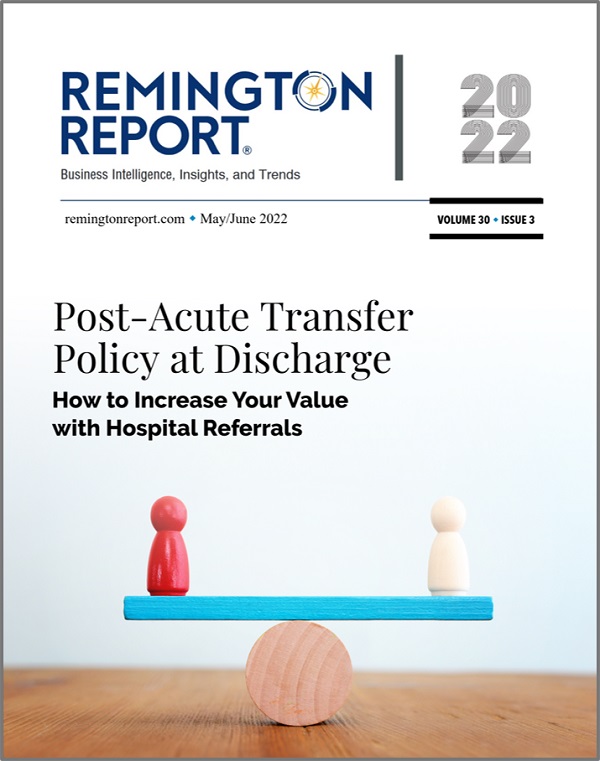Agreements Involving Conspiring with Rivals Not to Solicit or Hire Each Other’s Employees
Because staffing shortages and a lack of capable managers continue to plague the healthcare industry, it may be tempting for providers to enter into so-called “poaching agreements.” These agreements often involve conspiring with rivals not to solicit or hire each other’s employees. Resist the temptation!
These agreements may produce artificial suppression of employees’ compensation and may violate the federal Sherman Act. Violations of the Sherman Act may result in criminal prosecution or civil enforcement actions. Both types of action under the Sherman Act based on “no-poach” agreements are increasing dramatically.
Recent Case
It appears likely, for example, that the Department of Justice (DOJ) will succeed in criminal prosecution of this type of arrangement in United States v. Hee. In this case, the DOJ charged VDA, a health staffing company, and Hee, a regional manager for VDA, with violation of Section 1 of the Sherman Act by conspiring with another company to not poach each other’s nurses and to fix their wages. Hee has not indicated any willingness to plead guilty. VDA, on the other hand, indicated that it intended to change its plea to guilty. A hearing was scheduled to allow it to do so.
At the hearing, however, the prosecutor recited the elements of the offense before the plea alleging that conduct must “substantially” affect interstate commerce. VDA’s counsel interrupted to argue that the elements of the statue do not include the term “substantially.” The Judge directed the parties to confer on the issue and to file additional briefs on it. A new hearing was scheduled to January 6, 2023. This dispute delayed what will likely be DOJ’s first conviction in a criminal antitrust case following two acquittals in other labor-market antitrust prosecutions earlier in 2022.
Home Health and Antitrust Violations
In addition, four home health managers at several agencies in Maine were recently indicted by a federal grand jury on felony charges related to antitrust violations. The providers agreed among themselves to pay personal care workers between $15 and $16 per hour, pressured other home health agencies to do the same, and threatened to report other managers to Maine’s Medicaid Program if they didn’t comply. According to the indictment, they conspired to suppress wages and limit job mobility by agreeing to fix workers’ rates of pay and to refrain from hiring workers from each other’s companies. They allegedly conspired to deprive workers of opportunities to earn better wages.
The providers face a maximum penalty for conspiracy to restrain trade of ten years in jail and a fine of $1 million. These penalties may be increased based on financial gains and losses caused by these crimes. The providers in this case were charged with violating the Sherman Antitrust Act. Specifically, providers are most likely to run afoul of Sections 1 and 2 of this Act.
In terms of enforcement actions for civil actions, the DOJ has also been increasingly active. In United States v. Cargill, for example, Cargill agreed to settle antitrust claims for $85 million. The DOJ claims that Cargill shared information about their plant workers’ wages and benefits for many years.
It’s now quite clear that the DOJ will continue ramping up both criminal and civil enforcement actions. The stakes are high, so be careful out there regarding these issues!
Copyright © 2022 Elizabeth E. Hogue, Esq. All rights reserved. No portion of this material may be reproduced in any form without permission.
Other Articles You Might Enjoy
Best Practices for Effective Strategy Execution
Effective strategy execution is crucial for success, as even the most well-crafted strategies can fail if not properly implemented.
5 Reasons Why a 5-Year Strategic Plan May Pose Challenges
Five-year strategic plans in home care often encounter several challenges due to the dynamic nature of the industry.
Understanding Adaptive Leadership in Home Care’s Complex World
Adaptive leadership is not a fixed set of rules or practices; rather, it's a mindset and a skill set that empowers leaders to thrive in turbulent times.





